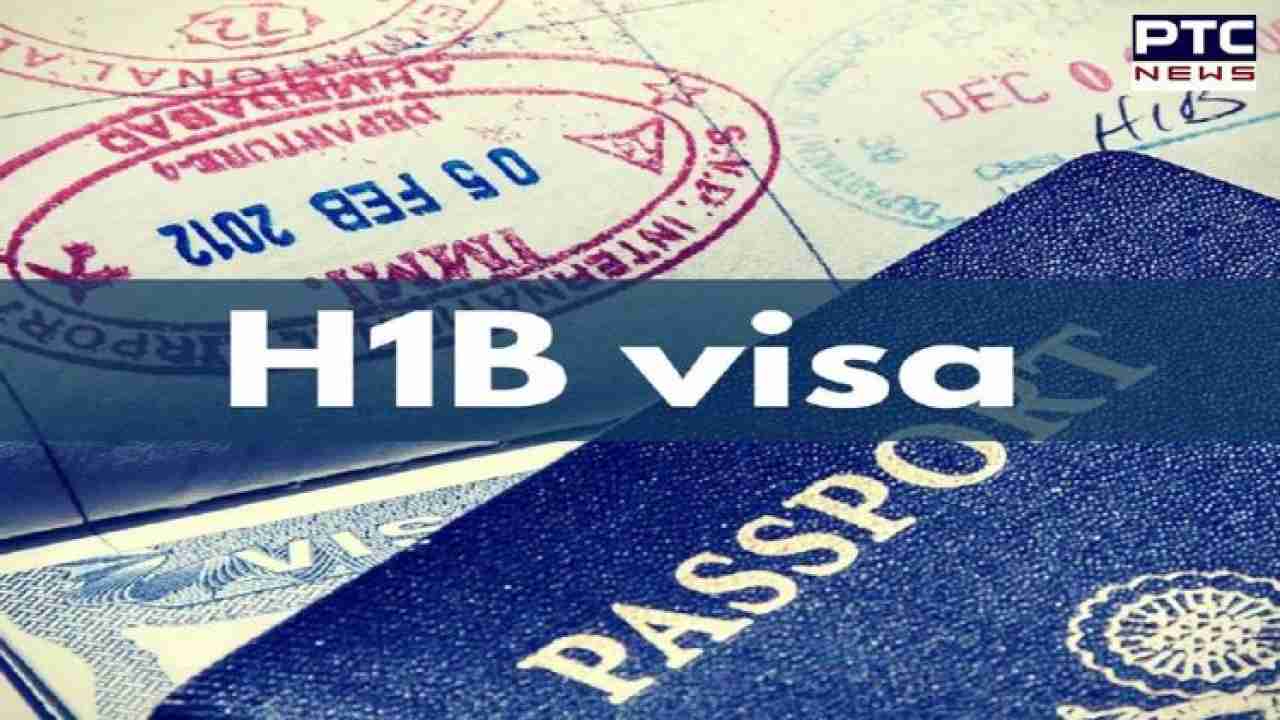

US all set to implement modern H-1B visa rules to boost workforce efficiency
PTC Web Desk: The US Department of Homeland Security (DHS) is set to implement new regulations for the H-1B visa programme on January 17, just three days before President-elect Donald Trump’s swearing-in ceremony. The updated rules aim to streamline the application process, make the programme more flexible for employers, and strengthen its integrity, helping US companies address labour shortages in critical fields.
Announced in the Federal Register on December 18, 2024, the changes include updates to Form I-129, which employers use to petition for non-immigrant workers. According to DHS, the new rule is designed to create jobs, boost the economy, and benefit both US employers and skilled foreign professionals.
Key changes in H-1B programme
The H-1B visa allows US companies to temporarily hire foreign workers in specialised fields requiring advanced knowledge and a bachelor’s degree or higher. The programme is capped at 85,000 visas annually, as established by the Immigration Act of 1990.
Under the new regulations:
Simplified process: The approval process has been streamlined to reduce delays and make it easier for employers to hire skilled workers.
Increased flexibility: Employers can retain talented workers more easily, and the rules allow for quicker processing of H-1B renewals for previously approved individuals.
Enhanced integrity: DHS has strengthened oversight by authorising inspections and imposing penalties for non-compliance. Employers must prove they have legitimate job openings and provide necessary documentation.
Benefits for Indian professionals and F-1 visa students
The updated rules are expected to significantly benefit Indian professionals, who have historically received a large share of H-1B visas. Indian students on F-1 visas will also gain from added flexibilities, ensuring smooth transitions to H-1B status without interruptions to their legal status or employment.
“The flexibility for F-1 visa students will help them gain valuable work experience, creating a more innovative and inclusive workforce in the United States,” noted the Federal Register.
The updated regulations clarify eligibility criteria for non-profit and government research organisations, exempting them from the annual H-1B visa cap. This ensures that these institutions can continue their vital work without facing competition for visa slots.
The revised rule also modernises the definition of “speciality occupations,” making it clearer and more inclusive. Beneficiaries with a controlling interest in the petitioning organisation may now be eligible under certain conditions.
- With inputs from agencies
